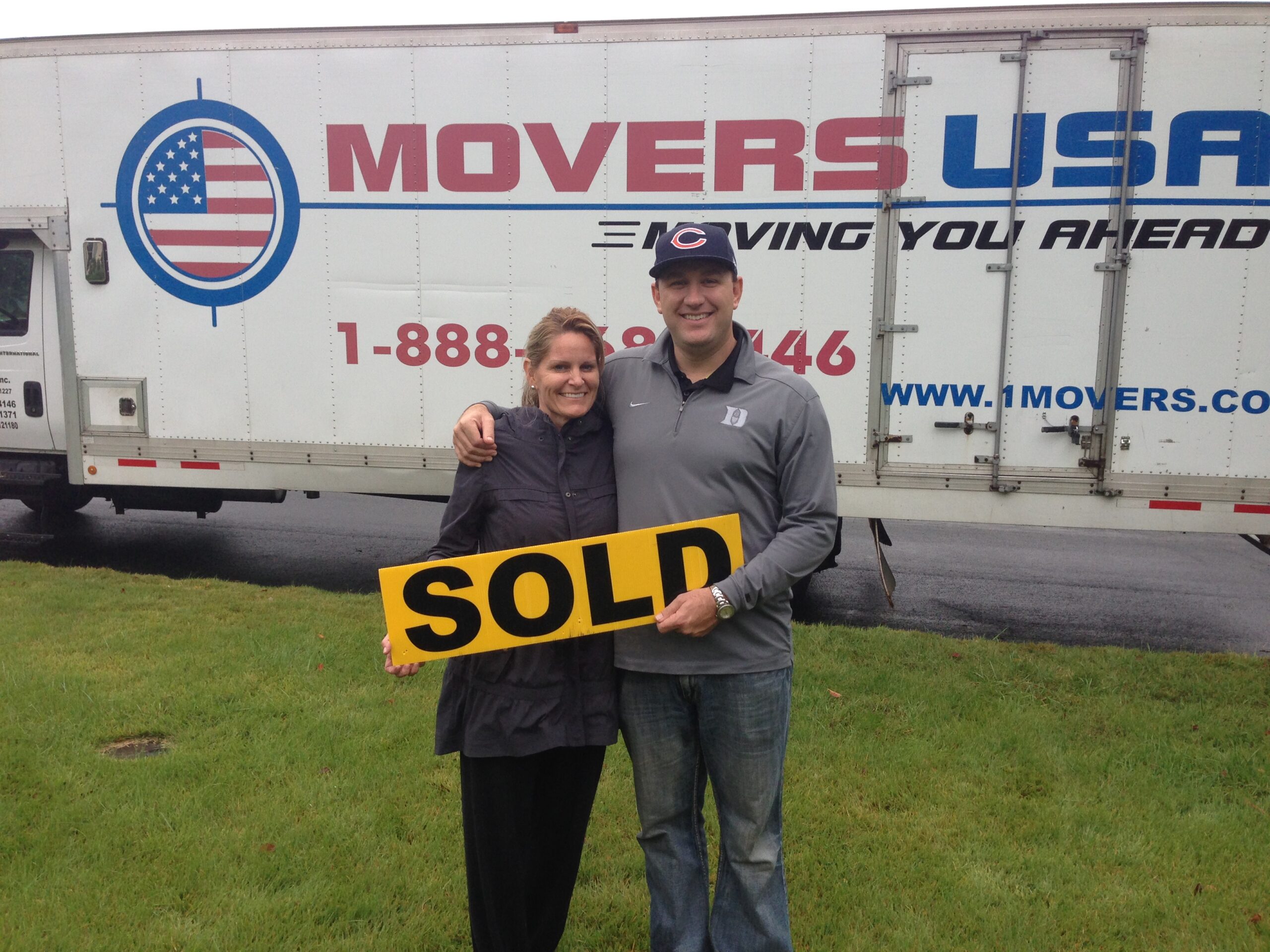Living in a home for 30 years can be a drastic experience for most people. After 30 years, home is not just the edifice itself – it comprises of your neighborhood, your neighbors, some of whom you had befriended, the community, and of course memories. It’s where the heart rests to find peace. So naturally, moving after such a long time to an unfamiliar and new territory can be quiet daunting. It’s important to prepare yourself, first psychologically, then practically. Preparing psychologically to move may seem to be impossible, but if done the right way, it’s easy and effective. The best way is to get closure.
These tips will help you understand how:
Getting Closure
- Sharing is caring –Let your friends and neighbors how much they mean to you and the important roles they have played in your life, one way or another. Share your feelings and toast to good memories.
- Take pictures – keeping a visual record, perhaps developing it into a portfolio project, can serve as fuel as you attempt to detach yourself from old places and people. They serve as reminders of what we had and wish to keep and remember.
- Dine out – be sure to visit your favorite restaurants with friends where you spent the most time, like your local café or bar.
- Have a BBQ- invite your friends and neighbors over for a small get together and say goodbye collectively to get more closure
- Think ahead – think positively about what lies ahead and what new adventures and challenges you will experience. Allow yourself to accept that you will meet new people and make new friends.
- Home is where the heart is – a good way to disconnect and reconnect with an alternative is to keep the alternative close to heart – it lessens the anxiety of moving to a new place.
As you prepare yourself on a mental level, you should also be planning out and organizing yourself for your move. So what are the practical steps involved in getting ready to move after three decades?
Getting started
- Get organized –Sort out your things according to what you need and what you don’t. Have a garage sale for the things you don’t need, which also help earn a decent amount to put towards your traveling budget. Make sure you have enough boxes, tape, and wrapping and packing material. If you’re relocating to a new city or state, make sure to arrange for storage space for what you may need to leave behind.
- Research your new community — Do some research online about the community and area you will be moving into. This will help you get familiar with your new neighborhood and give you an idea of what to expect.
- Budget for moving expenses — Moving can definitely put a dent in one’s pocket. Be sure all your loans are paid off and you have enough savings to make the necessary payments. When getting in touch with moving companies, look for companies that charge less.
- Tie up loose ends — Be sure you have made all necessary payments, including mortgages and bills.
- Reserve a moving truck — Be sure you have prepared for a means of transporting your belongings to their new destination. Reserve a moving truck in advance, but be sure to be budget-wise. A good way to save money on moving companies is to do the packing, loading, and unloading yourself, while they provide the service of transport only. There are a number of companies to choose the one that fits not only your needs, but your budget.
- Prepare a handy kit — Prepare a small bag or briefcase in which you can carry your essentials, such as glasses, a hand towel, important medication, first aid material, snacks, a flashlight, water bottles, etc. Having your essential items at hand during a stressful time can help decrease your levels and stress, therefore giving you more stamina to focus on more pertinent matters.
The Important Things
- Phone calls and paperwork — Get in touch with the important companies first to take care of your utility services, including phones, gas, water, and electricity, newspaper delivery, and cable connections.
- Change your address — Go to your local post office to fill out a change of address card and send it to important contacts and organizations. These would include subscriptions of magazines, companies where you have accounts, groups or clubs that you are affiliated with, and your (former) employer. Also remember to give your new address to friends and family!
- Transfer records — Make sure to transfer important records for your new area. This could include school records, medical records, professional records, etc. You could also ask your concerned professionals for referrals for new doctors, mental health practitioners, schools, lawyers, and other specialists.
- Make sure your insurance and bank accounts follow you or make arrangements for new ones.
- Change your drivers’ license and register to vote.
- Travel plans and transportation – be sure you have arranged for your transportation, whether you’re flying or traveling by road or train. Have your tickets kept safe and available. Also be sure to arrange for the necessary transportation depending on how much luggage you have and also considering how many family members are with you.


